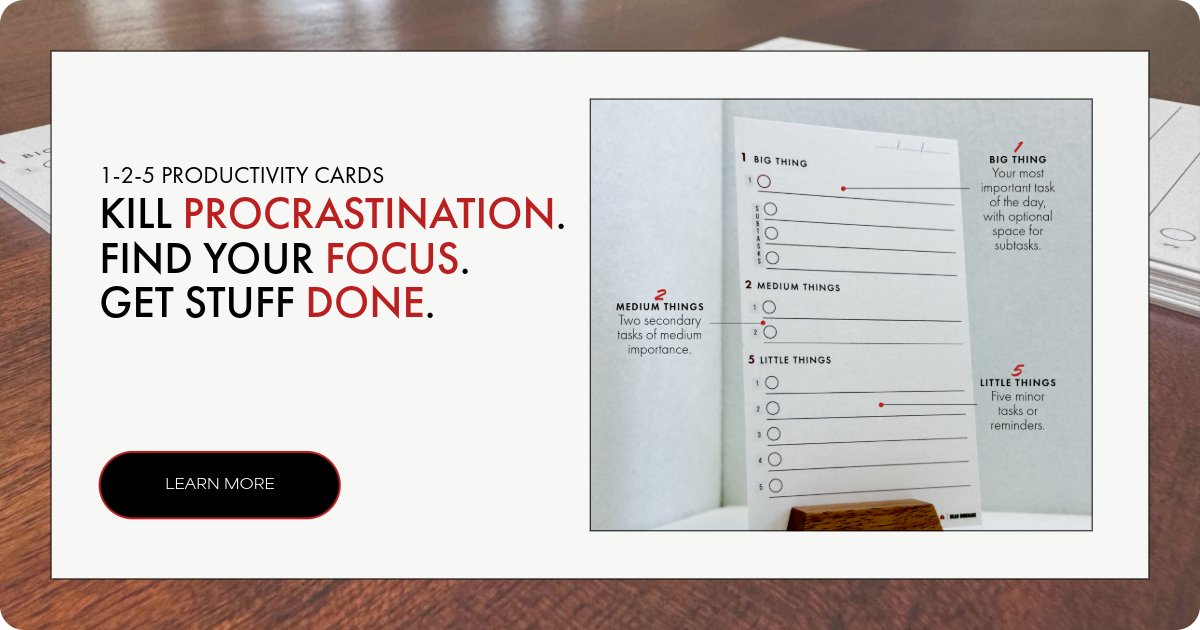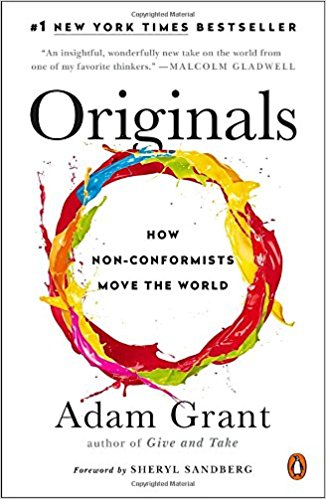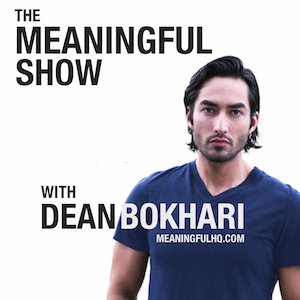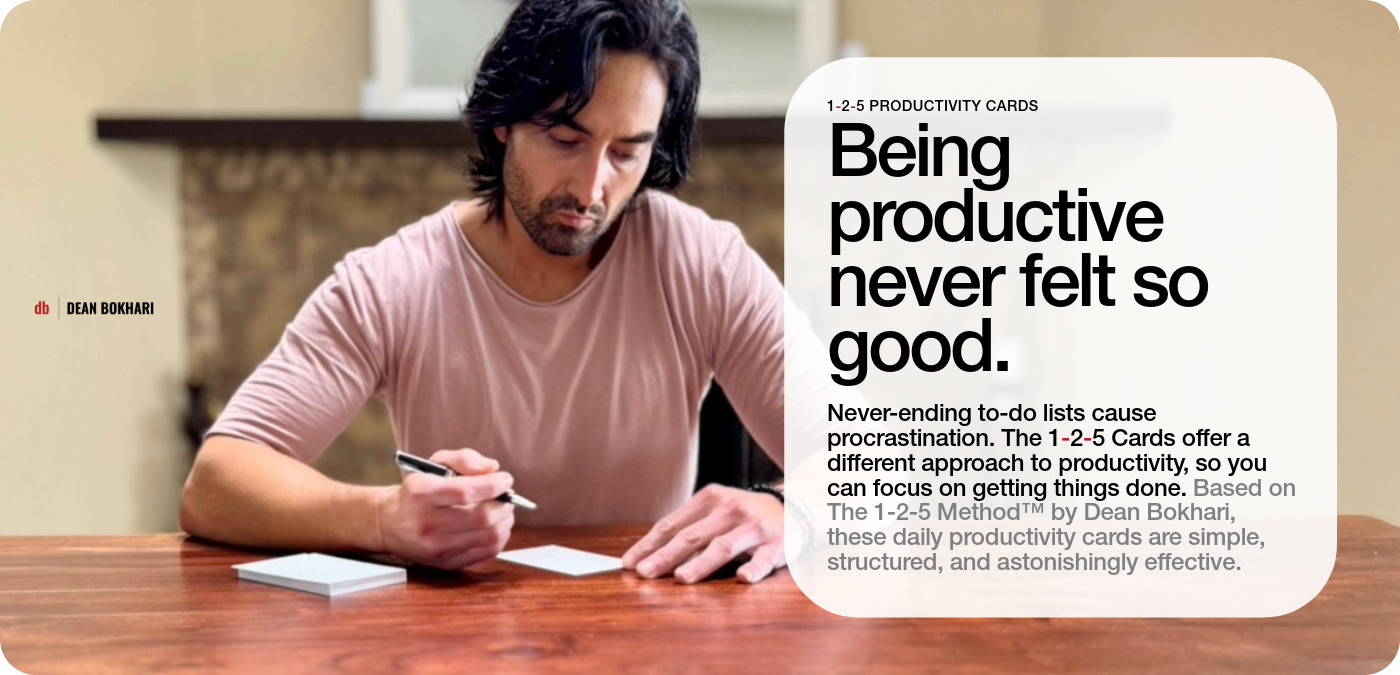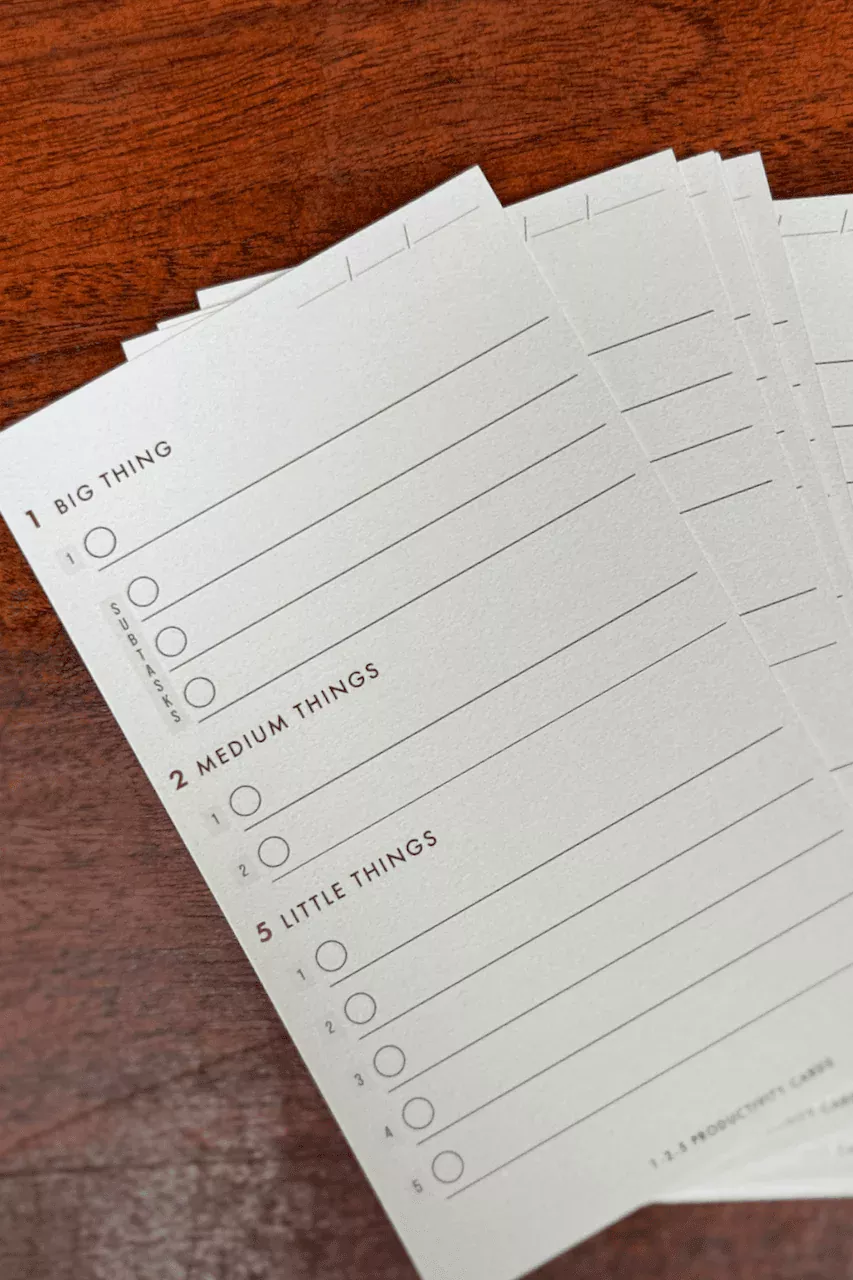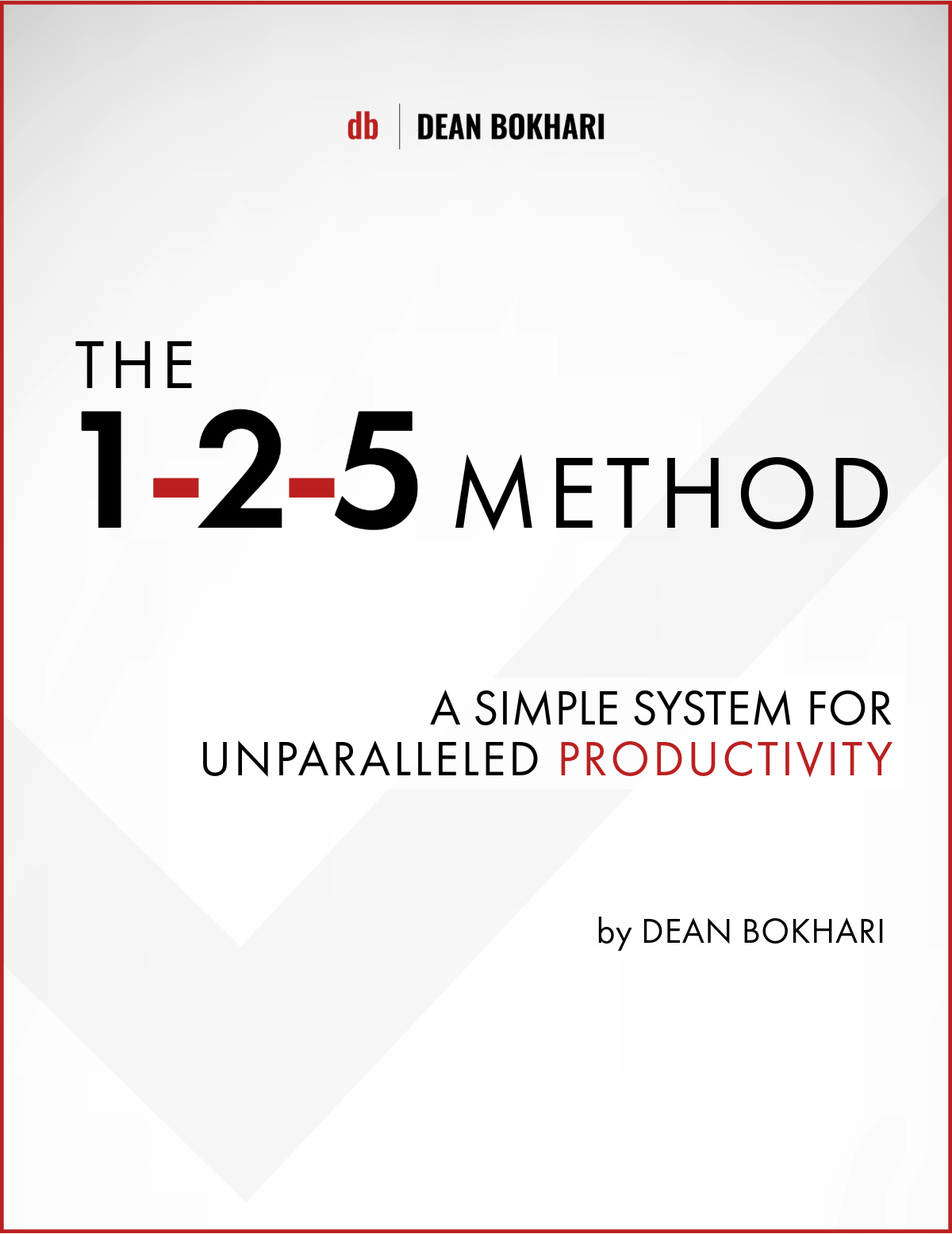Strategic Procrastination : How The World's Most Original People Get Things Done
“But surprisingly, as I’ve studied originals, I’ve learned that the advantages of acting quickly and being first are often outweighed by the disadvantages. It’s true that the early bird gets the worm, but we can’t forget that the early worm gets caught.”
—Adam Grant, from Originals (Get the full book summary here)
Obviously, advocating procrastination flies in the face of conventional productivity wisdom. And for good reason. It’s not always productive to procrastinate. But there are certain situations during which it can be not just productive—but even conducive to success—to procrastinate. And those are the situations we’ll be talking about today.
EP127: STRATEGIC PROCRASTINATION • LISTEN BELOW • LISTEN ON ITUNES
When it comes to creativity, as well as building a product or idea, putting things off can actually make things better. But it depends on what you’re procrastinating on and how you’re actually procrastinating on it. If you’ve got those two things down, then delaying action can give you the time to evaluate your options, and to mitigate risk by helping your brain make well thought-out choices.
Important note: procrastination is NOT about doing nothing…
Instead, it’s about allowing thoughts and ideas to be processed.
I like to think of it as allowing something I’m working on to marinate for a little while, kinda like marinating a piece of chicken and letting it sit for a few hours before coming back and throwing it on the grill.
It tastes better that way.
I actually do this with article and podcast ideas sometimes…
For example: I might get a good idea for an article while I’m watching a movie or something. When that happens, I’ll whip out my iPhone and start writing the article (or at least get a rough title going for it) and then I’ll save it to iCloud (aka: let it marinate), before coming back to it later on.
Later on, when I get back, I might work on the article some more. Or I might not work on it at all for another three weeks. I might add ideas to the article randomly. Or I might just come back to it as soon as I possibly can, so that I can pick back up where I initially had the idea, and then work on it until I’m totally done.
In other words, I keep the loop open for however long I need to in order to let my mind make whatever connections it needs to make before I close the loop and finish the article.
That’s what I mean by “strategic procrastination” — procrastinating on stuff when it’s actually advantageous to do so.
This type of procrastination leads us to consider a variety of options, problems and solutions with whatever it is that we’re working on.
But it’s about more than simply procrastinating—what you do while you procrastinate matters, too.
Adam Grant tells us in Originals, that if we’re really looking to get our creative juices flowing, what we do while we procrastinate is actually really important as well.
In the book, he cites a study about how procrastinators who put off execution of a task to play computer games—while keeping the task in the back of their mind—were actually more likely to come up with more innovative ideas.
Some of the world’s most accomplished people procrastinated their way to success.
Da Vinci was a classic procrastinator—and he was well aware of it, too… It took him 15 years to paint The Last Supper. Clearly, procrastinating on his painting produced a masterpiece in the end.
Lincoln was re-editing the Gettysburg Address minutes before he had to deliver the speech.
Martin Luther King’s I Have A Dream speech was being edited even up until moments before being delivered.
And even then, King added to his speech while he was in the middle of giving it…
You know that whole “I have a dream” part?
Yep—he added that whole thing into the speech totally on the fly.
So why does this type of last-minute procrastination work? Because our minds tend to stop thinking about projects once we’re finished with them, but when we remain MINDFUL about unfinished projects, we open up space for more creativity to develop.
Procrastination as an entire strategy, though, is NOT effective.
The key is to procrastinate strategically, making gradual progress by testing and refining different possibilities.
Although the best part of King’s speech was added on an impromptu basis; in truth, King was actually developing the famous speech for well over a year before delivery, testing and trying out different parts of it in tons of Human Rights rallies around the country.
This gave him insight into what landed and really resonated with the audience.
It also helped him create a strong foundation for an intensely passionate speech, while developing a certain degree of mastery, that allowed him the flexibility to continue to develop his speeches even up until the last minute.
Again, the phrase ‘I have a dream’ wasn’t even written into Dr. King’s original speech—he actually added it on the fly after a woman in the crowd kept shouting, “tell em’ bout the dream, Martin! Tell em’ bout the dream!”
How can you benefit from procrastinating on purpose?
- Start something—like a project that isn’t due for a while from now.
- But don’t let yourself finish it.—Stop working on it. Go do something else… Go for a walk or something while keeping the project in the back of your mind.
- Then go back to it.—Let the ideas you got while you were out walking help you come back and crush the project.
Sources/Books mentioned:
Originals: How Non-Conformists Move The World by Adam Grant
LIVE LIKE YOU GIVE A DAMN,
Dean Bokhari
- If you find the podcast helpful, please rate + review it on Apple Podcasts »
- Got a Self-Improvement question you'd like me to cover? Submit it here »
"Dean Bokhari's Meaningful Show is the Self-Improvement Podcast I've been
waiting for. It's actionable, inspiring, and BS-Free." —Brett Silo
✨ New Series: How to Become an Early Riser
- Discover key methods to make early rising a habit
- How to wake up early + energized every morning
- Morning routines for health + success
Free self-development courses
👇
Tap on any of the courses below to start learning how to:
- boost your productivity (with GTD),
- get focused (with Deep Work),
- or learn the art of influencing others (with the How to Win Friends & Influence People course.)
All for free.
👇
Free life guides
👇
Best-selling Self-development courses by Dean Bokhari
Kill procrastination.
|
Get stuff done.
|
Get motivated.
|
Connect with anyone.
|
freshly pressed:
Top Audiobooks narrated by Dean Bokhari on audible | |
Book summaries
- The Power of Habit by Charles Duhigg
- 12 Rules for Life by Jordan B. Peterson
- Presence by Amy Cuddy
- Leaders Eat Last by Simon Sinek
- The ONE Thing by Gary Keller, Jay Pasan
- Deep Work by Cal Newport
